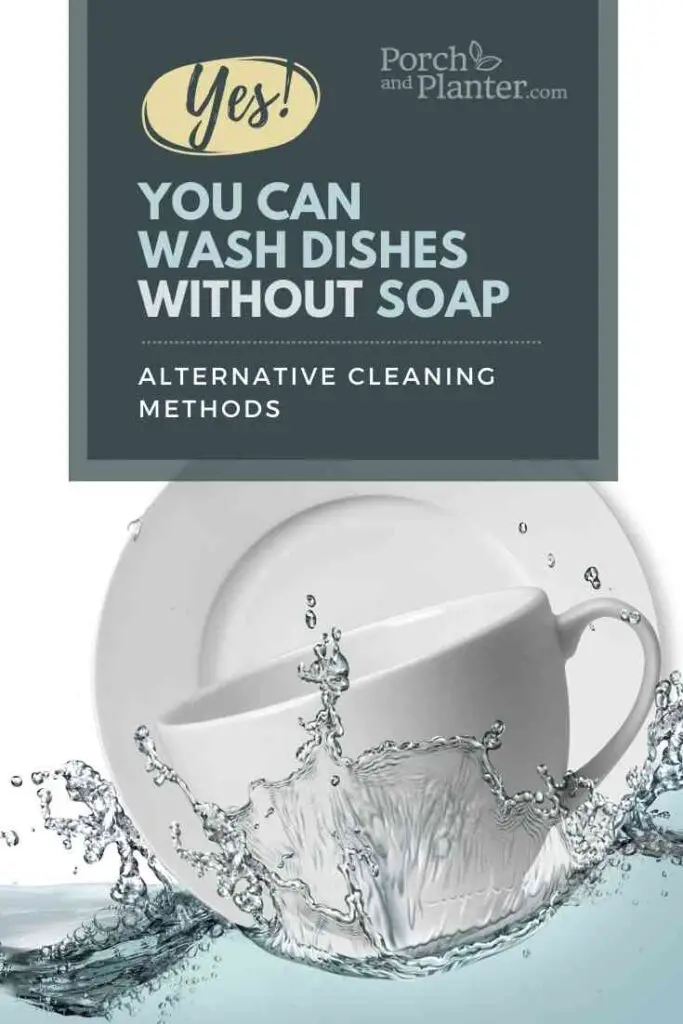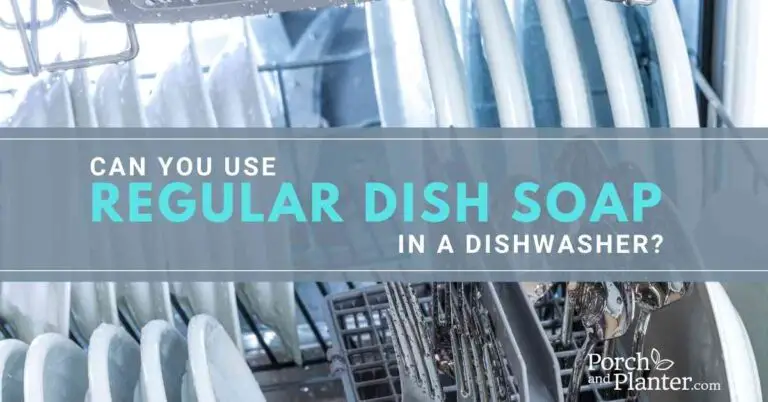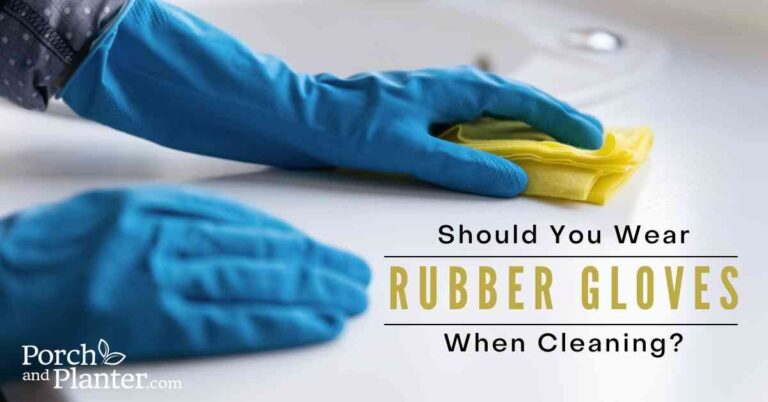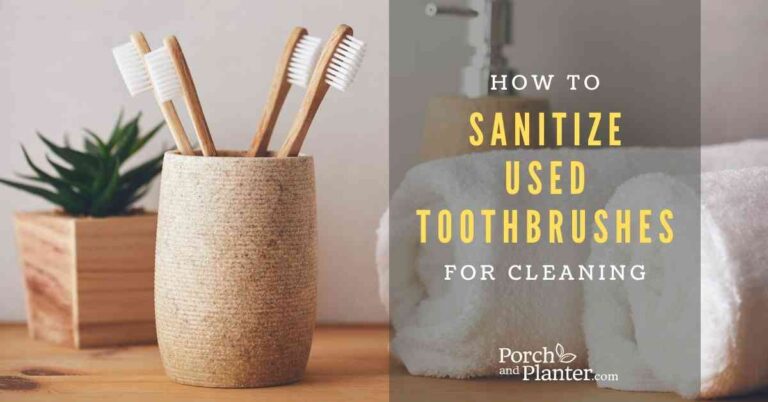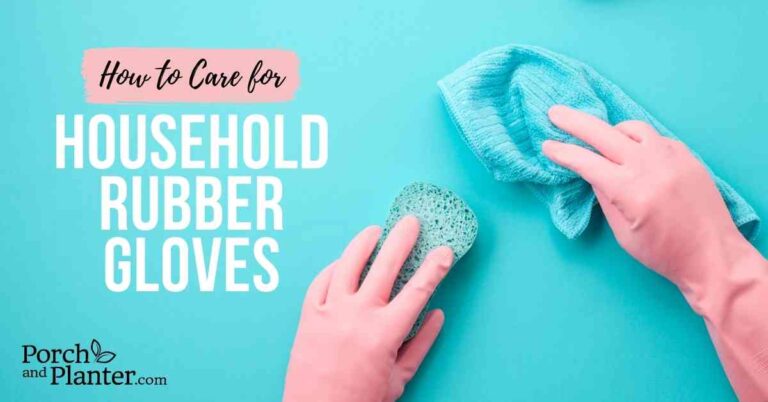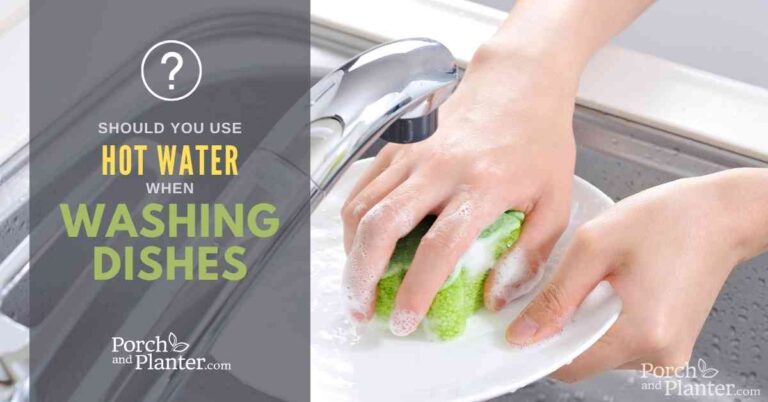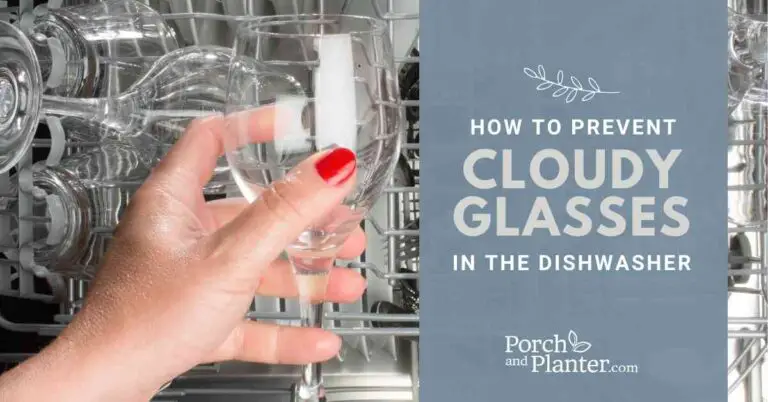Yes, You Can Wash Dishes Without Soap: Alternative Cleaning Methods
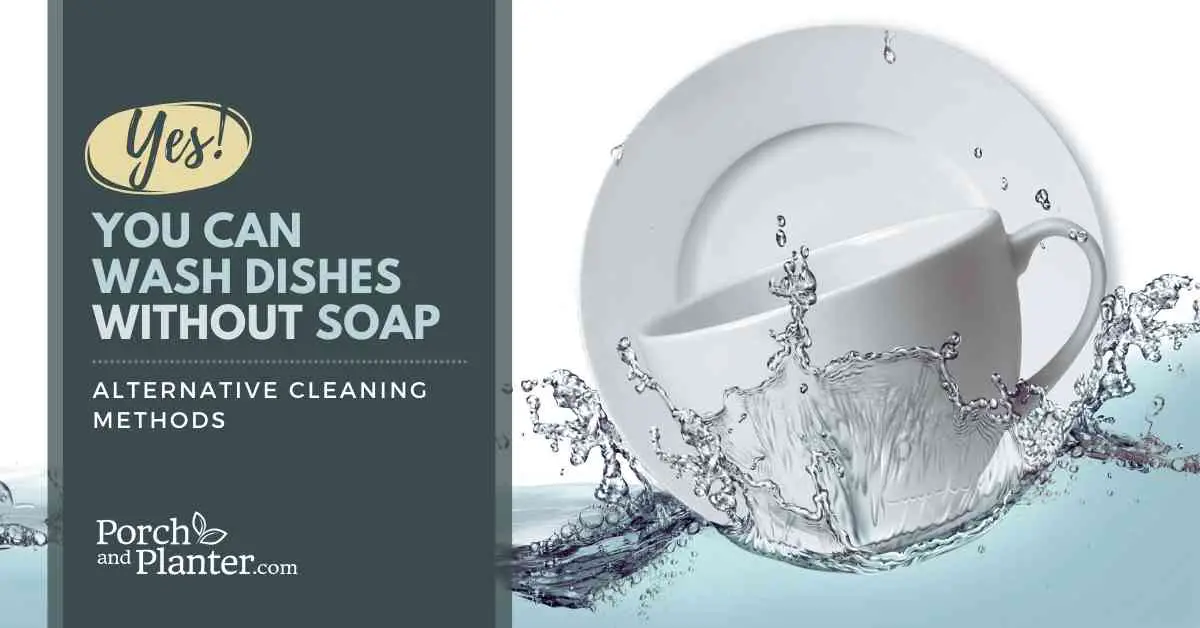
Washing dishes is a daily chore that everyone has to do. However, not everyone has access to dish soap all the time. So, can you wash dishes without soap? The answer is yes, you can. There are several ways to wash dishes without soap, and some methods have been used for centuries.
While washing dishes without soap is possible, it’s important to note that soap is still the most effective way to clean dishes. Soap can help remove bacteria and other harmful substances that hot water alone may not be able to eliminate. However, if you find yourself without soap, there are several ways to clean your dishes using other methods.
One of the most popular ways to wash dishes without soap is to use hot water. Hot water can eliminate different kinds of dirt quickly. Simply fill a sink with hot water and soak the dishes for at least 30 minutes. Then, scrub the dishes with a clean sponge or brush and rinse them off with clean water. Another way to wash dishes without soap is to use baking soda or campfire ashes. These can help get rid of food and grease on dishes without needing any soap.
Why You Might Want to Wash Dishes Without Soap
While soap is a common and effective way to clean dishes, there are a few reasons why you might want to consider washing dishes without it.
More Eco-Friendly
Washing dishes without soap can be more eco-friendly. Soap often contains chemicals that can be harmful to the environment, particularly when it enters waterways. By washing dishes without soap, you can reduce your environmental impact and contribute to a more sustainable future.
Saves Water
Washing dishes without soap can save water. Soap requires a significant amount of water to rinse off, and using less soap means using less water. By washing dishes without soap, you can conserve water and reduce your water bill.
Better for Sensitive Skin and Allergies
Washing dishes without soap can be a good option for those with sensitive skin or allergies. Some dish soaps can irritate the skin or cause an allergic reaction, and washing dishes without soap can help avoid these issues.
No Access to Soap
Washing dishes without soap can be a useful option when camping or in other situations where soap is not readily available. In these situations, washing dishes without soap can help keep dishes clean and prevent the spread of germs.
How to Wash Dishes Without Soap
Washing dishes without soap may sound like an impossible task, but it can be done with a few simple techniques. Here are some ways to clean your dishes without using soap:
Using Hot Water
One of the easiest ways to wash dishes without soap is to use hot water. Hot water can help to loosen up the grease and grime on dishes, making them easier to clean. Simply fill up a sink or basin with hot water and soak the dishes for a few minutes before scrubbing them clean.
Using Baking Soda and Vinegar
Baking soda and vinegar are two common household items that can be used to wash dishes without soap. Baking soda is a mild abrasive that can help to scrub away stuck-on food, while vinegar is a natural disinfectant that can kill bacteria and germs. To use this method, sprinkle some baking soda on a damp sponge or cloth and scrub the dishes clean. Then, rinse the dishes with water and spray them with vinegar to disinfect them.
Using Wood Ashes
If you have a wood-burning stove or fireplace, you can use the ashes to wash your dishes. Wood ashes contain potassium hydroxide, which is a natural cleaning agent. To use this method, mix the wood ashes with a small amount of water to create a paste. Then, use the paste to scrub the dishes clean before rinsing them with water.
Using Salt
Salt is another household item that can be used to wash dishes without soap. Salt is a natural abrasive that can help to scrub away stuck-on food. To use this method, sprinkle some salt on a damp sponge or cloth and scrub the dishes clean. Then, rinse the dishes with water.
Using Lemon
Lemon is a natural disinfectant that can help to kill bacteria and germs on dishes. To use this method, cut a lemon in half and rub the cut side on the dishes. Then, rinse the dishes with water to remove any remaining lemon juice.
Using Alkali Solution
An alkali solution can be made by mixing baking soda and water. This solution can help to break down grease and grime on dishes. To use this method, mix some baking soda and water to create a paste. Then, use the paste to scrub the dishes clean before rinsing them with water.
Using Bleach
Bleach can also be used to clean dishes without soap. Add a tablespoon of bleach to a gallon of water and let the dishes soak for at least 5 minutes. Rinse the dishes with water and dry them with a clean towel. Be sure to use gloves when handling bleach and avoid mixing it with other cleaning products.
Using Bar Soap
Bar soap can be used to clean dishes without dish soap. Wet the dish and rub the bar soap onto the surface. Use a scrubber to scrub the dish until it is clean. Rinse the dish with water and dry it with a clean towel.
Tips for Washing Dishes Without Soap
Washing dishes without soap can seem like a daunting task, but it is possible with a few tips and tricks. Here are some helpful ways to clean your dishes without using soap:
Pre-Treating Stains
Before washing dishes without soap, it’s important to pre-treat any stains or stuck-on food. Soak dishes in hot water with a tablespoon of baking soda for at least 15 minutes. Baking soda is a natural abrasive that can help remove stains and food particles.
Sterilizing Dishes
One way to sterilize dishes without soap is to use hot water. Boiling water eliminates bacteria and germs, making it a great option for sterilizing dishes. Allow hot water to fill the sink and soak dishes with the heat for at least 30 minutes.
Using a Scrub Brush
When washing dishes without soap, a scrub brush can be a helpful tool. Use a brush with stiff bristles to scrub dishes thoroughly. For tough stains, sprinkle some salt on the brush before scrubbing. Salt is a natural abrasive that can help remove stubborn stains.
Avoiding Harmful Chemicals
Many dish soaps contain harmful chemicals that can be harmful to the environment and your health. When washing dishes without soap, it’s important to avoid these chemicals. Instead, use natural cleaning agents like vinegar, lemon juice, or baking soda. These natural ingredients are effective at cleaning dishes without any harmful side effects.
Conclusion
While soap is the most common cleaning agent for dishes, it is not always necessary. Several natural alternatives like baking soda, vinegar, or lemon juice can be used to effectively remove grease and grime from dishes. However, it is important to note that washing dishes without soap may not be effective in removing harmful bacteria. It is recommended to use a dishwashing detergent in these situations. For those with sensitive skin, natural alternatives can be a safer option. Overall, there are several options available that can effectively and safely clean dishes without using soap.
